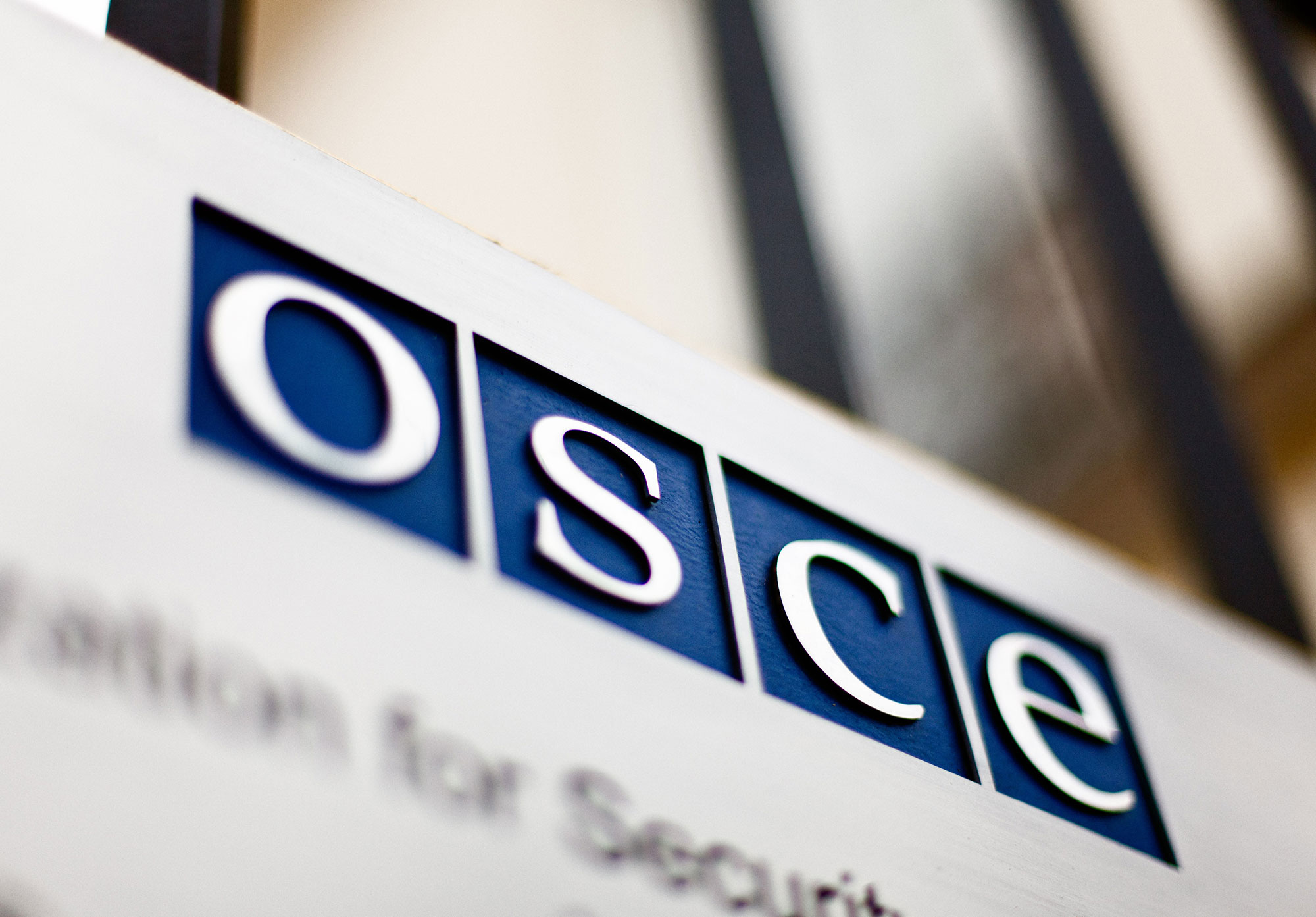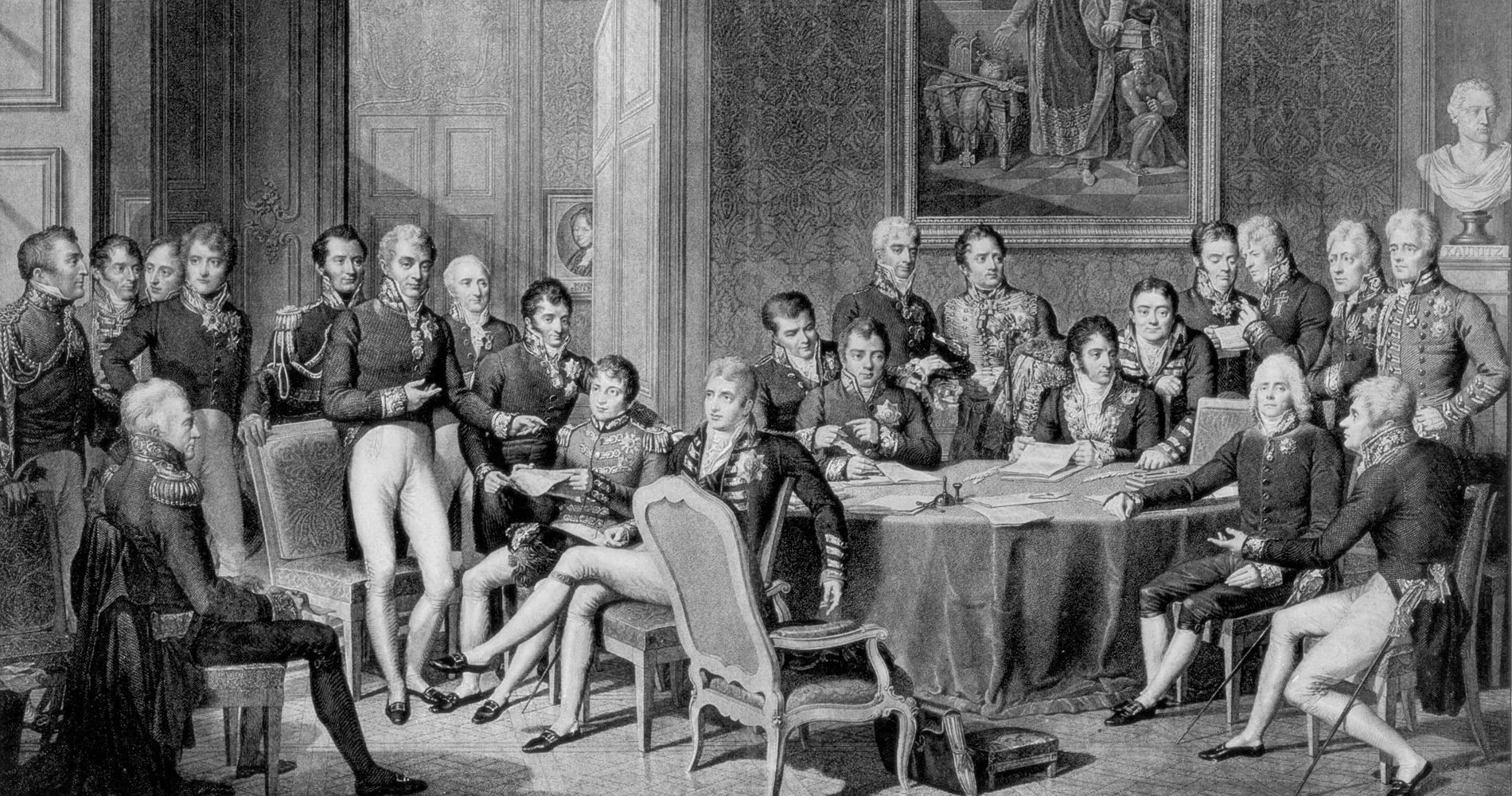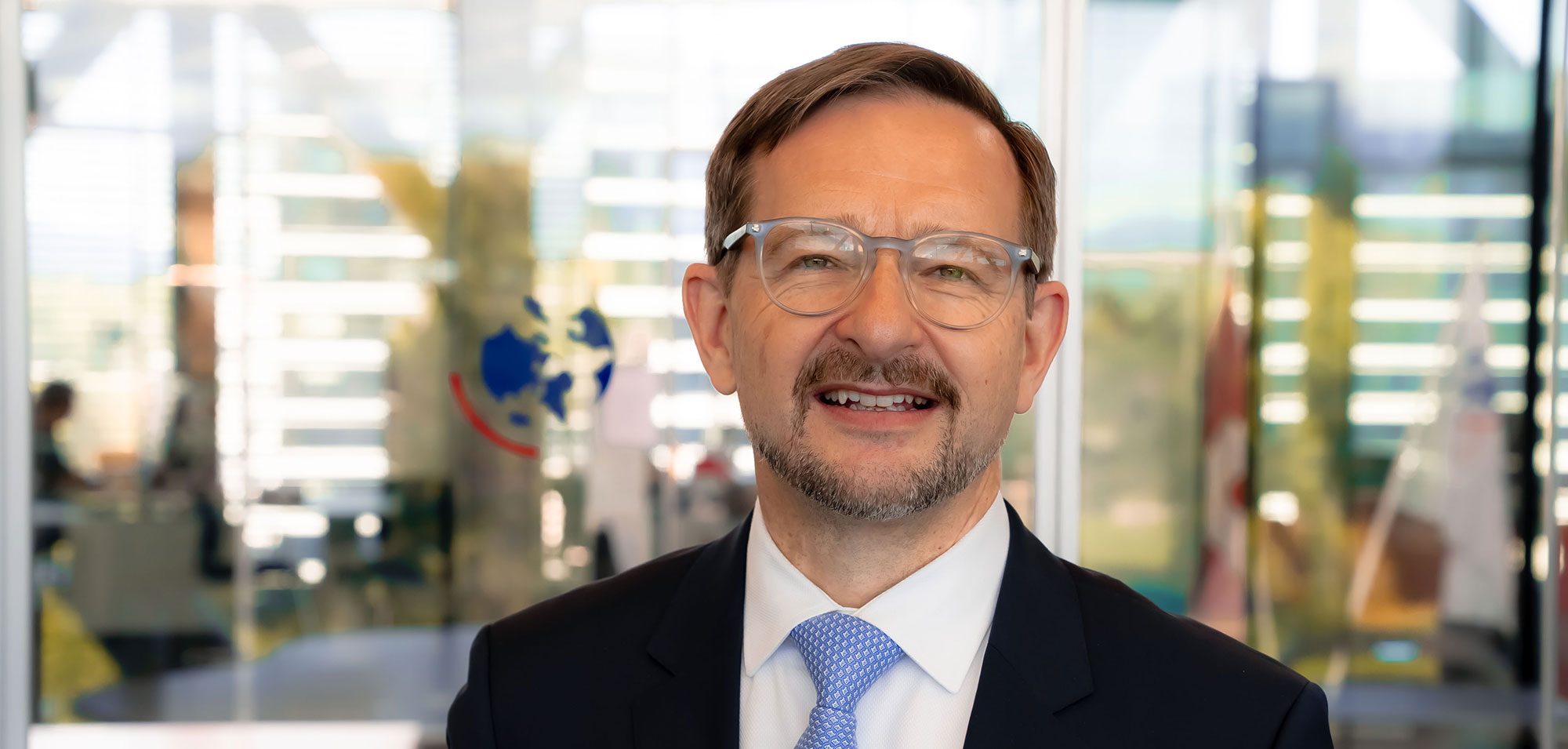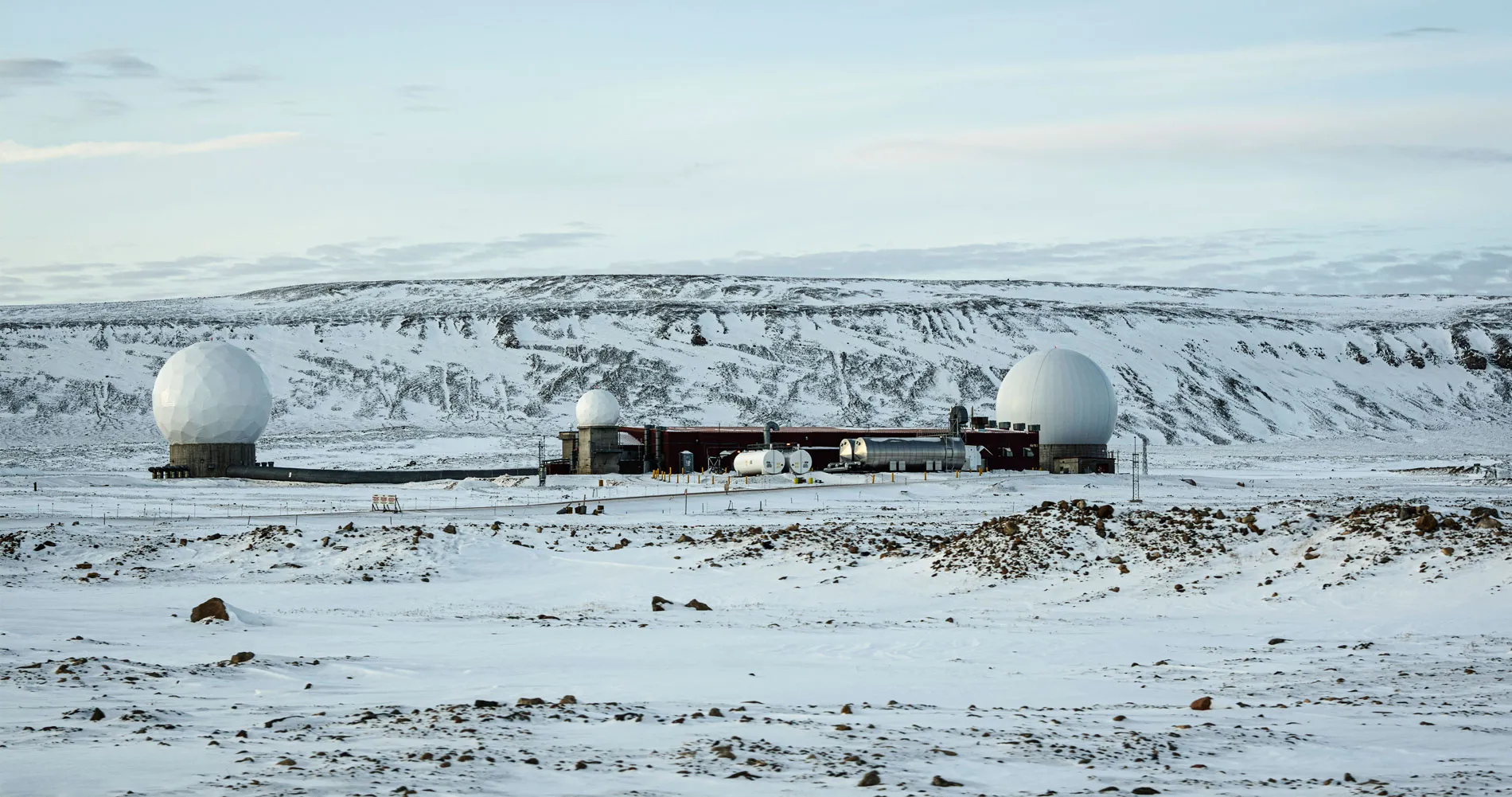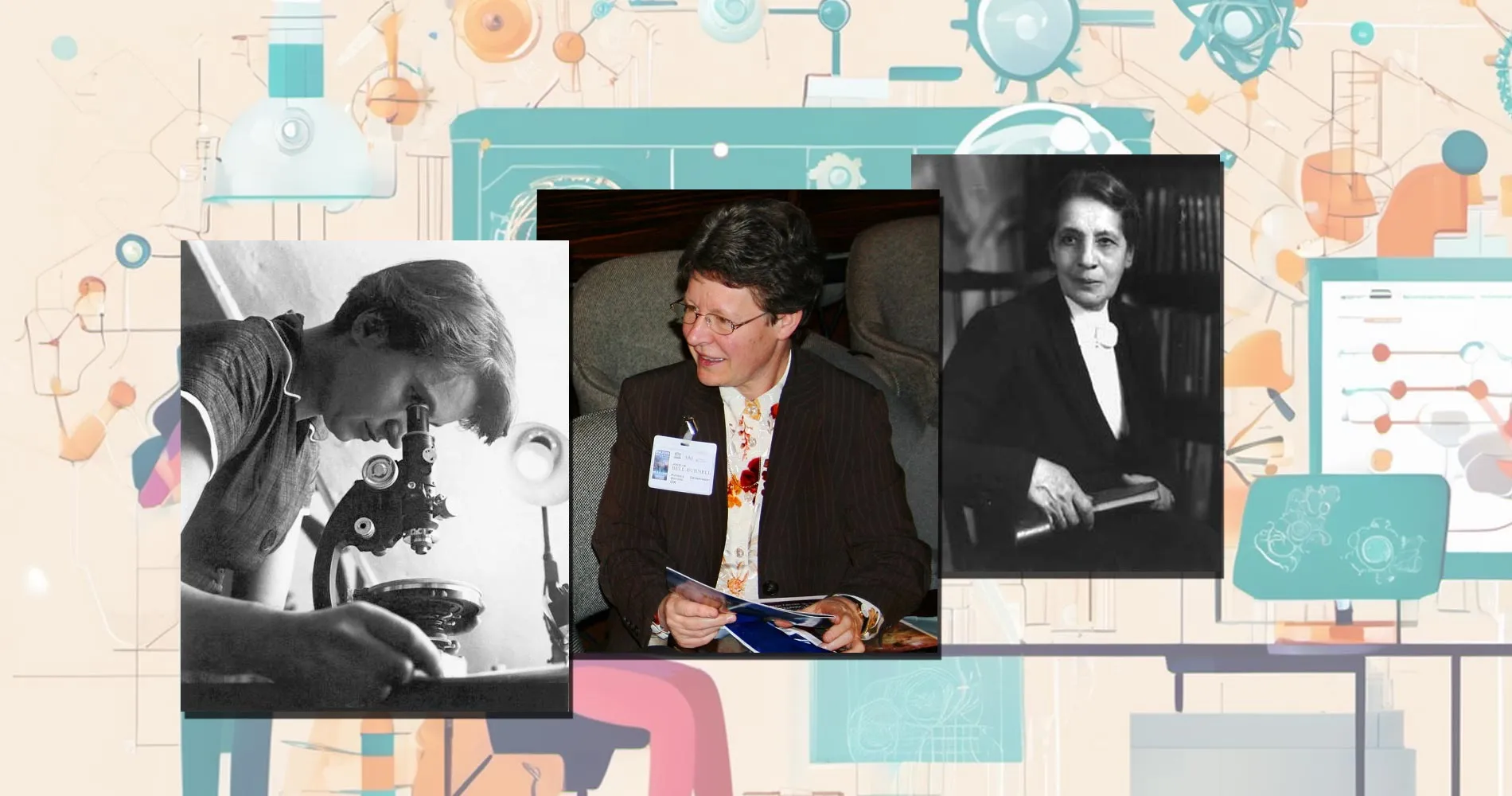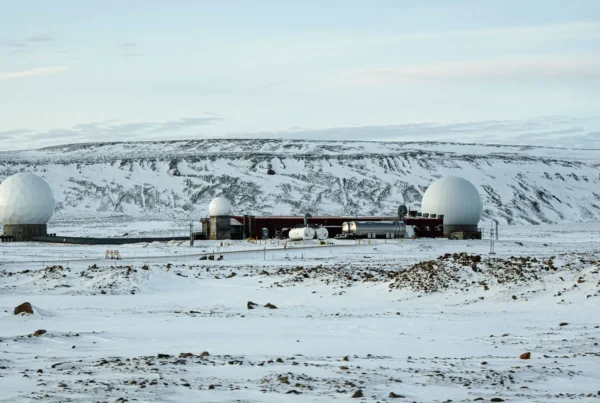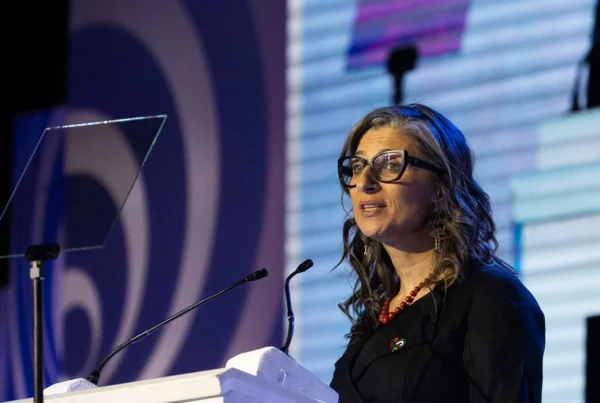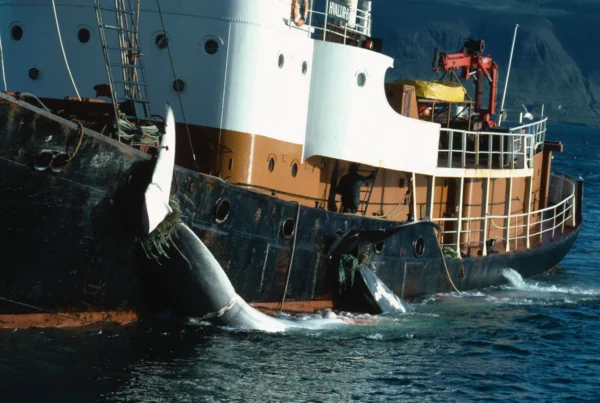Dr. Frances Mautner Markhof, Executive Director of the Austrian Center for International Studies (ACIS), discusses how the OSCE could serve as a model to facilitate dialogue and resolution of issues related to stability and security on the Korean Peninsula as well as in the Persian Gulf region. Regional realities including the interests of the participating states in these regions should serve as a basis for this regional cooperative mechanism which could provide an open, neutral and supportive framework for both informal dialogue and formal talks on a wide range of issues, support conflict prevention and aid in dispute resolution.
Frances Mautner Markhof, 5 October 2021
Regional cooperation mechanisms can provide an open, neutral and supportive framework for both informal dialogue and formal talks on a wide range of issues, and can support conflict prevention and dispute resolution. This approach could facilitate dialogue and resolution of issues related to stability and security on the Korean Peninsula as well as in the Persian Gulf region.
Creating multilateral security cooperation mechanisms in the Northeast Asia and Persian Gulf regions should be based on regional realities including the interests of the participating states in these regions. This process could be supported by understanding the origins and experience of the Organization for Security and Cooperation in Europe, the OSCE, the world’s largest regional security organization with 57 Participating States, based in Vienna, Austria. Its Guiding Principles are the 10 principles of the Helsinki Final Act (HFA) agreed in 1975.
The OSCE is based on comprehensive and cooperative security, that is, cooperation on activities in the so-called three “baskets” comprising the military/security, economic/environmental and human dimensions, and on the peaceful resolution of disputes. Some of the key OSCE activities include: the OSCE Special Monitoring Mission to Ukraine; the OSCE Conflict Prevention Centre; OSCE participation in the Minsk Process aimed at the peaceful resolution of the Nagorno-Karabakh conflict; as well as OSCE Mediation and Dialogue Facilitation activities.
Key reasons for creating a regional multilateral cooperation mechanism include: (1) nation states gain by evolving, under certain circumstances, towards effective regional cooperation which can better deal with crises, achieve stability and security and thus peace and prosperity; (2) such mechanisms serve the interests of all the participating states, providing options that no individual state could have on its own; and (3) regional mechanisms, individually and together, can contribute to achieving a more robust and equitable global equilibrium and order.
The success of regional multilateral cooperation depends on the awareness that effective cooperation on multilateral security is not and cannot be a zero-sum game: what increases the security of one country should increase the security of others. Multilateral regional security cooperation must be inclusive, and should not be directed against or exclude any country in the region.
The predecessor of the OSCE, the CSCE (Conference for Security and Cooperation in Europe), was created in 1975 during the Cold War with the aim of achieving and enhancing political stability and security through fostering peaceful co-existence and diminishing/eliminating threats and threat perceptions by, i.a., cooperation and a wide-range of confidence- and security-building measures (CSBMs).
These CSBMs were unique and important steps to increase transparency, predictability, confidence, security and stability, thus reducing risks due to miscalculation or lack of information. The CSBMs include exchanges of an agreed list of military-related activities and observation by OSCE Participating States of certain military activities and other military capabilities. The CSBMs cover all of Europe and the adjoining sea area and air space, are militarily significant and politically binding.
Regional cooperation on comprehensive and cooperative security requires for its implementation both agreed principles and actions, i.e., mechanisms for implementing them. Principles alone are insufficient–a cooperative security mechanism must also have an agreed range of capabilities (a so-called “tool box”) to take appropriate action when necessary, in order to deal with actual and potential conflicts and disputes.
A feasible approach to achieving comprehensive and cooperative security arrangements for Northeast Asia and the Persian Gulf regions could start with informal dialogue and working-level meetings to agree on step-by-step measures to set up an open unconditional dialogue forum and implement confidence- and security-building measures (CSBMs). Such an approach has to be based on agreed principles, the willingness to engage and compromise, pragmatism and flexibility, and an understanding of the perspectives, interests and threat perceptions of the other sides.
One key area for regional security cooperation could address important traditional and non-traditional security-related issues including transborder issues and threats; a second key area could focus on intensive and extensive cooperation in economic areas such as trade, investment and finance, as well as cooperation on energy and environmental issues; and a third key issue area could focus on identifying fundamental principles, common interests and bridge-building. The content of these three key areas could develop in time and in parallel.
Cross-cutting issues would include all measures which contribute to trust, transparency, stability, security and development, such as effective and timely channels for communication and information exchanges; CSBMs; peaceful settlement of disputes; crisis and conflict anticipation, prevention and management; and joint risk and threat assessment.
Starting a process for comprehensive and cooperative security mechanisms to deal with issues related to the Korean Peninsula, Northeast Asia and the Persian Gulf region will require political will and building up the necessary amount of trust in the political and military spheres. Such processes can be started and mechanisms can be achieved even when divisive topics have yet to be resolved — indeed they can and should contribute to enhancing cooperation, diminishing divisions and resolving conflicts. The OSCE can serve as a model for achieving these goals.
Picture: The OSCE logo on the main gate outside ODIHR’s new premises (Office for Democratic Institutions and Human Rights). © OSCE/Curtis Budden
Other Articles Which Might Interest You
An Insider’s View of the OSCE: Interview with Ambassador Thomas Greminger, Former OSCE Secretary General


